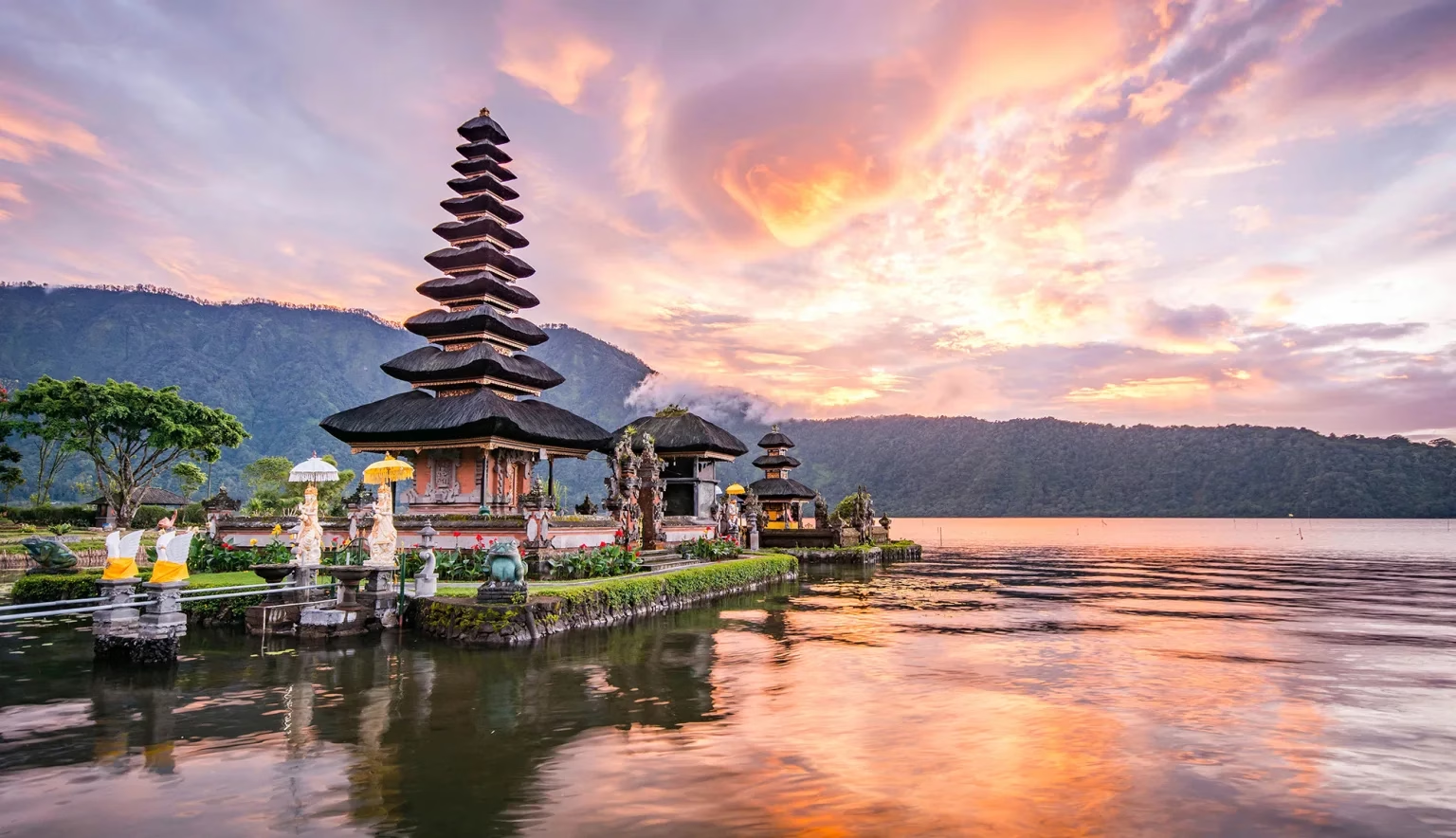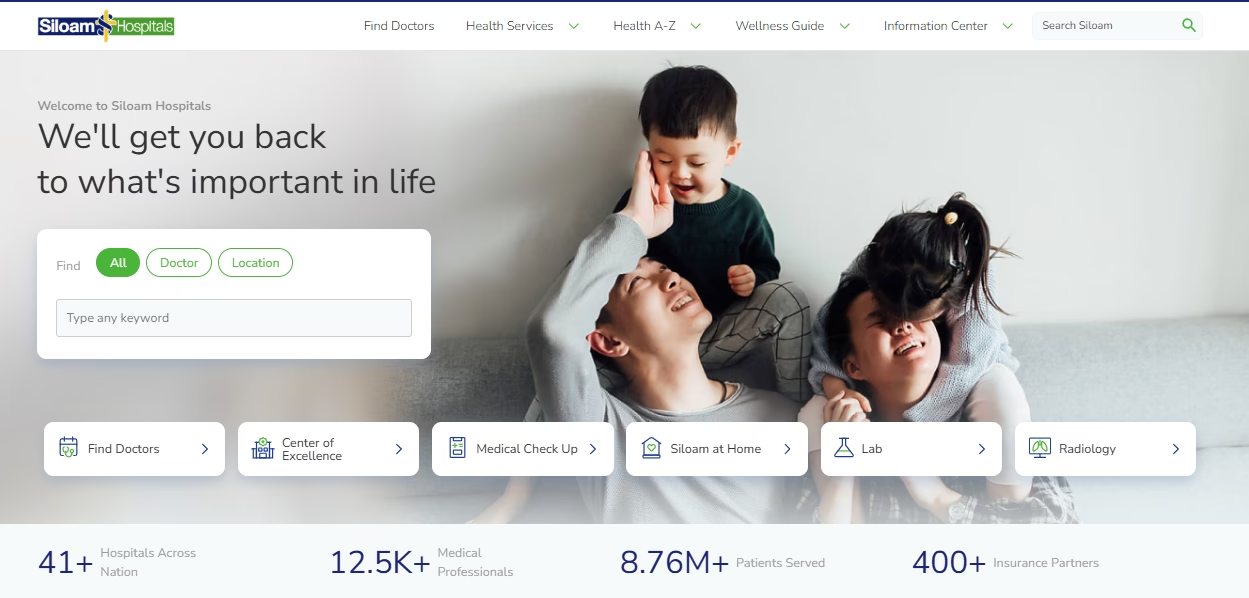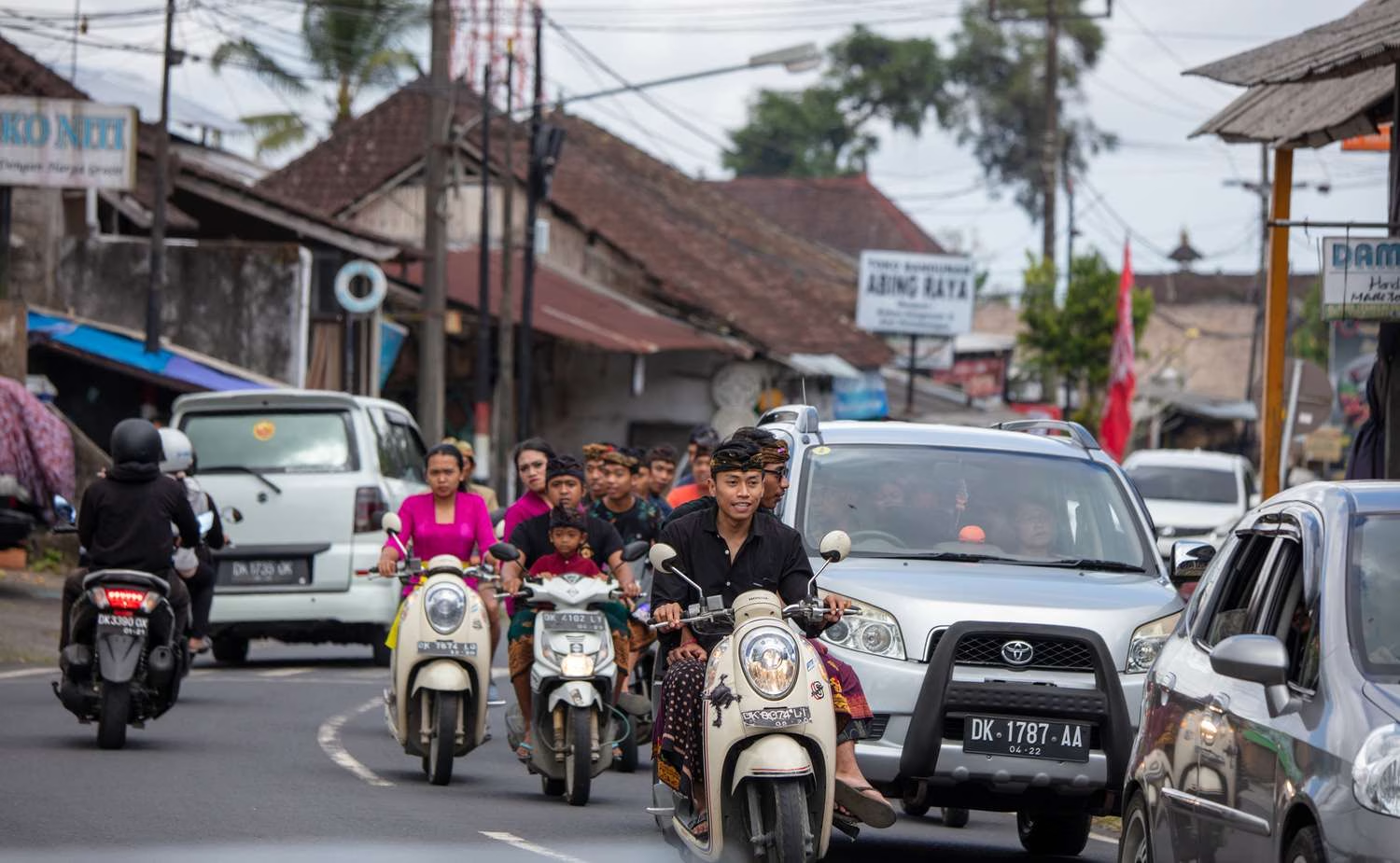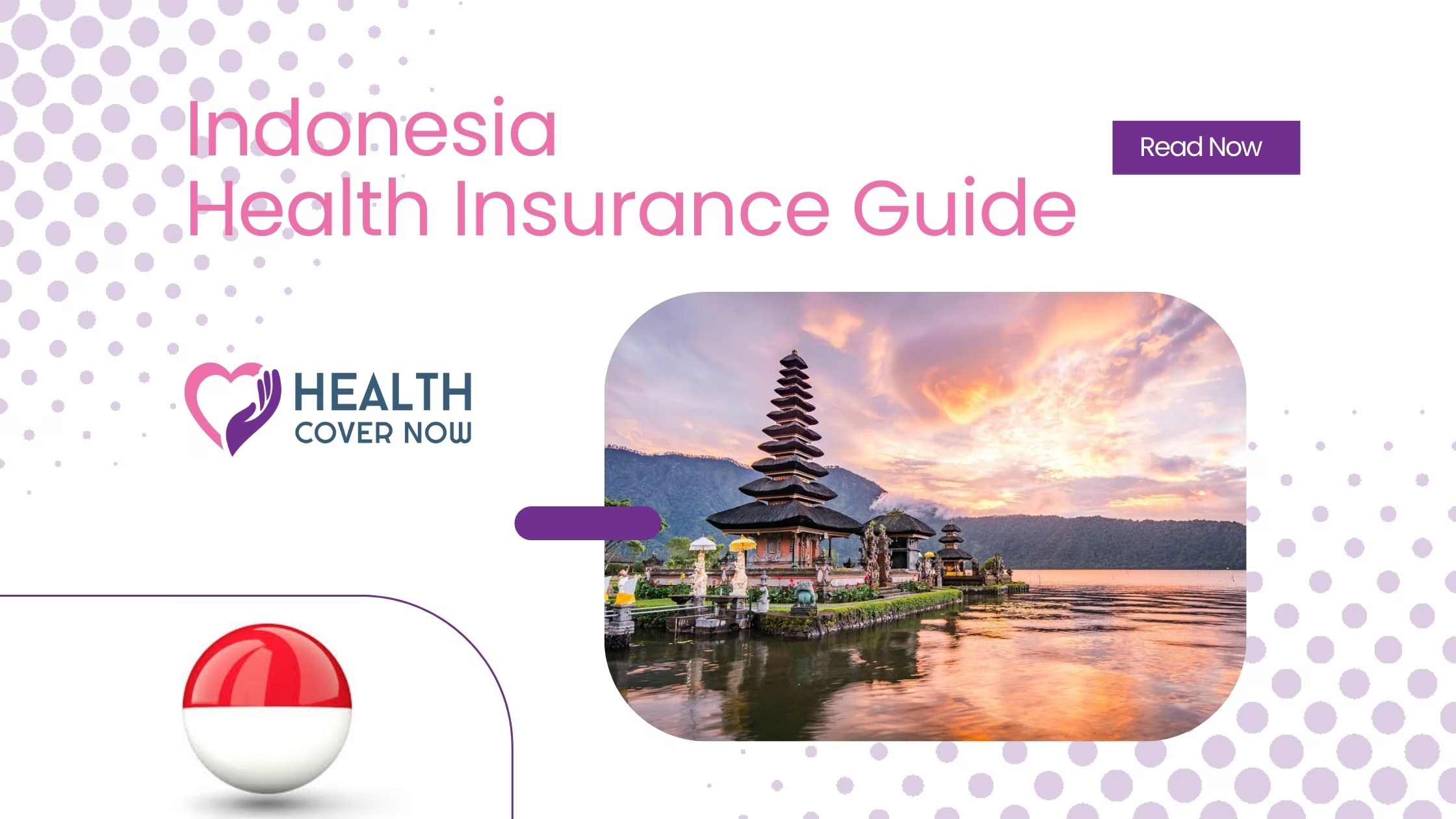Indonesia, and particularly Bali, is a favorite destination for expatriates and digital nomads. Known for its breathtaking landscapes, vibrant culture, and affordable lifestyle, Indonesia also offers healthcare services that cater to locals and foreigners alike. Understanding the healthcare system, the importance of medical insurance, and adopting safety measures are key to enjoying a secure and fulfilling life in this tropical paradise.

Why Indonesia and Bali Are Exciting Destinations for Expatriates
Indonesia’s vibrant culture and natural beauty make it a dream destination for expatriates seeking adventure and a change of pace. Here are 10 irresistible things about Bali which will motivate you to move there sooner.
Here are some reasons why it stands out:
- Cultural and Natural Diversity: Indonesia is home to over 17,000 islands, each offering unique experiences. Bali, in particular, is renowned for its stunning beaches, lush rice terraces, and spiritual ambiance. The country’s cultural richness, from Balinese Hindu ceremonies to Javanese batik art, provides endless opportunities for exploration and learning.
- Affordable Lifestyle: Compared to Western countries, Indonesia offers a much lower cost of living. Whether it’s renting a villa in Bali, enjoying local delicacies at warungs, or exploring the archipelago’s natural wonders, expatriates can live comfortably without breaking the bank.
- Thriving Expat Community: Bali, in particular, hosts a thriving community of expatriates and digital nomads. Co-working spaces, wellness retreats, and social events make it easy to connect with like-minded individuals and build a support network.
Overview of Indonesia’s Healthcare System
Indonesia’s healthcare system operates on a dual-tiered structure, consisting of public and private healthcare sectors. Each has its strengths and limitations, catering to different demographics and medical needs.
Public Healthcare: The public healthcare system in Indonesia, overseen by the Ministry of Health, is anchored by the national health insurance scheme, Jaminan Kesehatan Nasional (JKN). This program aims to provide affordable healthcare to all Indonesian citizens. While expatriates can technically access public hospitals, these facilities are often overcrowded, and language barriers can pose challenges. Services at public hospitals are basic compared to Western standards, and wait times can be long.
Private Healthcare: Private healthcare facilities in Indonesia, especially in urban areas and tourist hotspots like Bali, are more popular among expatriates. These institutions offer a higher standard of care, shorter wait times, and English-speaking medical staff. Leading private hospitals include Siloam Hospitals Group, BIMC Hospital Bali, and Bali Royal Hospital (BROS). These hospitals are equipped with modern medical technology and offer services ranging from general health check-ups to specialized treatments like dermatology, orthopedics, and cardiology.
Popular Clinics: For non-emergency medical needs, clinics such as Intl SOS Medika Clinic in Bali and Prima Medika provide reliable outpatient services. These clinics are well-regarded for their convenience, quality care, and English-speaking staff, making them a go-to option for expatriates and travelers.

Emergency Services in Indonesia
In Indonesia, emergency services can be accessed through the following:
- Dial 112 for general emergencies, including police and ambulance services.
- Dial 118 or 119 specifically for ambulance services.
- Dial 113 to connect with the fire department
- Police/110 or 112 (From Satellite and Mobile Phones)
- Search and Rescue (BASARNAS): 115.
- Natural Disaster Assistance: 129.
- International Phone Number Information: 102.
While emergency services are available, they are not as centralized or efficient as in Western countries. Ambulance response times can be slower, especially in rural areas or during traffic congestion. In critical situations, using private transportation, such as taxis or ride-hailing apps, may be faster for reaching a hospital.
Vaccines Required and Health Advice for Travel to Indonesia
According to the Centre of Disease Control’s advice on Indonesia, before traveling to Indonesia, ensure your routine vaccinations are up to date, including tetanus, diphtheria, pertussis, polio, measles, mumps, rubella, and your annual influenza vaccine.
The CDC recommends additional vaccines such as hepatitis A and typhoid for most travelers due to potential exposure to contaminated food and water. Depending on your travel plans, you may also need vaccines for hepatitis B, Japanese encephalitis, and rabies. Malaria prevention is advised for those visiting rural areas, although Bali is considered malaria-free.
Travelers coming from countries where yellow fever is endemic must provide proof of yellow fever vaccination. Tap water in Indonesia is generally unsafe to drink, so stick to bottled or boiled water. Additionally, food hygiene standards can vary; opting for freshly cooked meals from reputable vendors can help prevent foodborne illnesses.
Indonesia has reported cases of dengue fever and Zika virus, particularly during the rainy season. Protect yourself by using mosquito repellents, wearing long sleeves, and sleeping under mosquito nets when necessary. Pregnant women should consult their healthcare provider about the risks associated with Zika virus before traveling to Indonesia.
Smart Travel Advice
The Australian Governments Smart Traveler advice for Indonesia highlights these key issues to be aware of when visiting Indonesia:-
- Ongoing risk of terrorist attack- Take official warnings seriously
- Public protests and events that draw large groups of people
- Monitor Indonesia’s Volcano Observatory Notice for the latest volcanic activity
- Petty and violent crime occurs in Indonesia. Opportunistic crime, such as pickpocketing
- Drinks may be spiked or mixed with toxic substances. Be cautious with hard liquor
- Natural disasters such as severe weather, floods, landslides, earthquakes, volcanic eruptions and tsunamis occur

Travel and Visas
Indonesian officials have high requirements for damaged passports, and travelers with damaged passports have been denied entrance into Indonesia. Normal wear and tear, such as water damage, slight tears, or rips in the pages, can be considered damaged.
Before entering Indonesia, you must submit an electronic health declaration form known as the SATUSEHAT Health Pass. If you are traveling to Indonesia for tourism, official government responsibilities, or business meetings, you can apply for an e-Visa on Arrival (e-VOA) online at least 48 hours before your arrival. Foreign tourists entering Bali are charged a tourist levy of IDR 150,000 per person. This levy is distinct from the e-Visa on Arrival and Visa on Arrival. Cashless payments can be done online before traveling or on arrival at designated payment kiosks at Bali’s airport and seaport. For more information, please visit the Bali Provincial Government’s official website and FAQs.
The Advantages of Private Medical Insurance for Expatriates
According to the World Health Organization Indonesia robust network of public health institutions, including community, district, provincial, and national hospitals. However, low government funding over decades has led to substandard health facilities, personnel shortages, and low use. This has led to increased use and growth of private sector facilities, resulting in a complicated and mixed public-private health system.
Indonesia offers affordable healthcare compared to Western countries, but costs at private hospitals can escalate quickly, especially for major treatments or emergencies. Private medical insurance provides expatriates with peace of mind and financial protection in these situations. Many tourists purchase travel insurance, however, there are disadvantages with these policies specifically the fact that they will not cover when Indonesia becomes your home country after an extended period of stay and a change in visa. We have highlighted some of the major differences between international expat health insurance vs. travel insurance in this blog.
- Financial Security: Medical insurance ensures expatriates are protected against high medical costs, particularly in private hospitals. For example, an overnight stay at a private hospital in Bali can cost hundreds of dollars, while complex surgeries can run into thousands. Insurance reduces the burden of out-of-pocket expenses.
- Access to Premium Care: With medical insurance, expatriates gain access to Indonesia’s top-tier private hospitals and specialists. This includes services like health screenings, maternity care, and advanced medical treatments.
- Evacuation Coverage: Indonesia’s healthcare facilities in remote areas may not meet international standards. Comprehensive insurance often includes medical evacuation coverage, ensuring that expatriates can be transferred to higher-quality facilities in Jakarta, Singapore, or their home country if needed.
- Preventive Healthcare: Many insurance plans cover preventive care services, including vaccinations and wellness programs, promoting overall health and reducing the likelihood of severe medical issues.
- Portability: International private medical or expat medical insurance is the right choice for expats over local policies as they are portable and can move with you. So, if you decide to move to another country in 3 years time the policy can simply be transferred without having to go through medical underwriting again. This is a huge advantage over a local policy.
When selecting an insurance plan, consider factors like the insurer’s network hospitals, coverage for pre-existing conditions, and whether the policy includes international coverage. Consulting a trusted insurance broker can help expatriates find the best plan for their needs.
How Expatriates Can Stay Safe and Avoid Medical Emergencies
While Indonesia is generally safe, expatriates should take precautions to avoid unnecessary risks and medical emergencies. Here are some practical tips:
- Practice Road Safety: Traffic conditions in Indonesia, particularly in Bali, can be chaotic. If you choose to ride a scooter, always wear a helmet and adhere to traffic rules. Avoid driving during heavy rain or on poorly lit roads. Using ride-hailing services like Gojek or Grab can be a safer alternative for getting around.
- Stay Away from Political Demonstrations: Protests and demonstrations occasionally occur in Indonesia. Expatriates are advised to avoid large gatherings and monitor local news to stay informed about potential disruptions.
- Take Precautions During Outdoor Activities: Indonesia’s tropical climate and natural terrain make it a haven for adventure seekers. However, it’s crucial to stay hydrated, use sunscreen, and take appropriate safety measures when hiking, surfing, or engaging in water sports.
- Be Mindful of Health Risks: Indonesia’s tropical environment means a higher risk of mosquito-borne diseases. Use insect repellents, wear protective clothing, and stay in accommodations with screens or air conditioning to reduce the risk of bites.

Conclusion
Indonesia and Bali offer an enticing mix of cultural richness, natural beauty, and affordability, making them ideal destinations for expatriates. By familiarizing themselves with the healthcare system, securing comprehensive medical insurance, and taking practical safety measures, expatriates can enjoy a rewarding and safe experience in this enchanting part of the world. Whether you’re exploring Bali’s iconic beaches, savoring Indonesian cuisine, or immersing yourself in local traditions, there’s no shortage of reasons to call Indonesia home.

